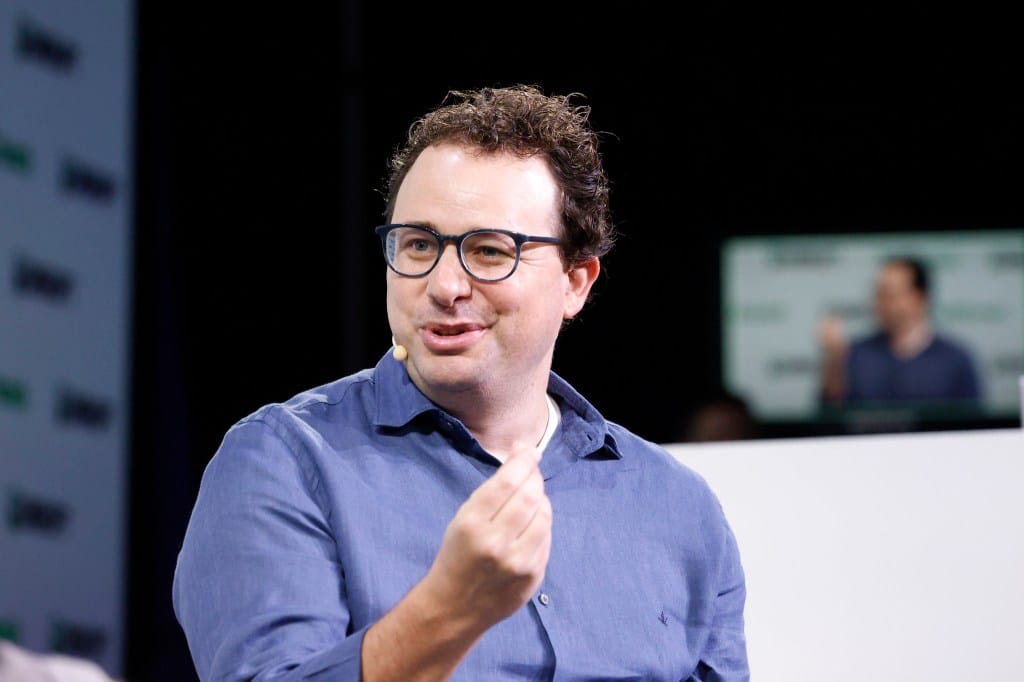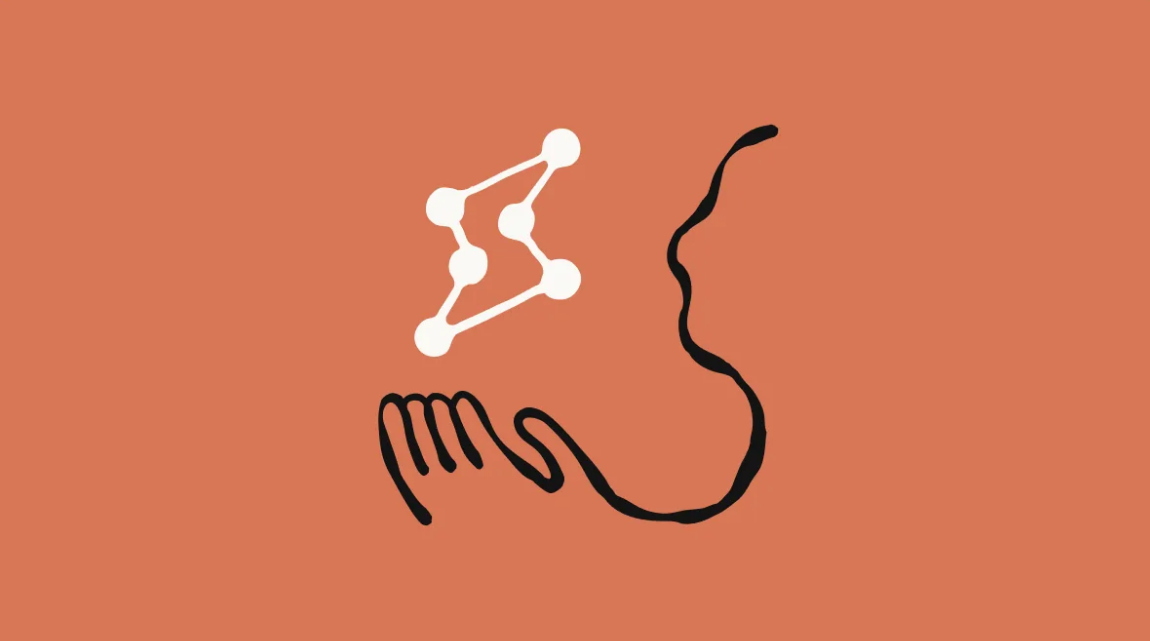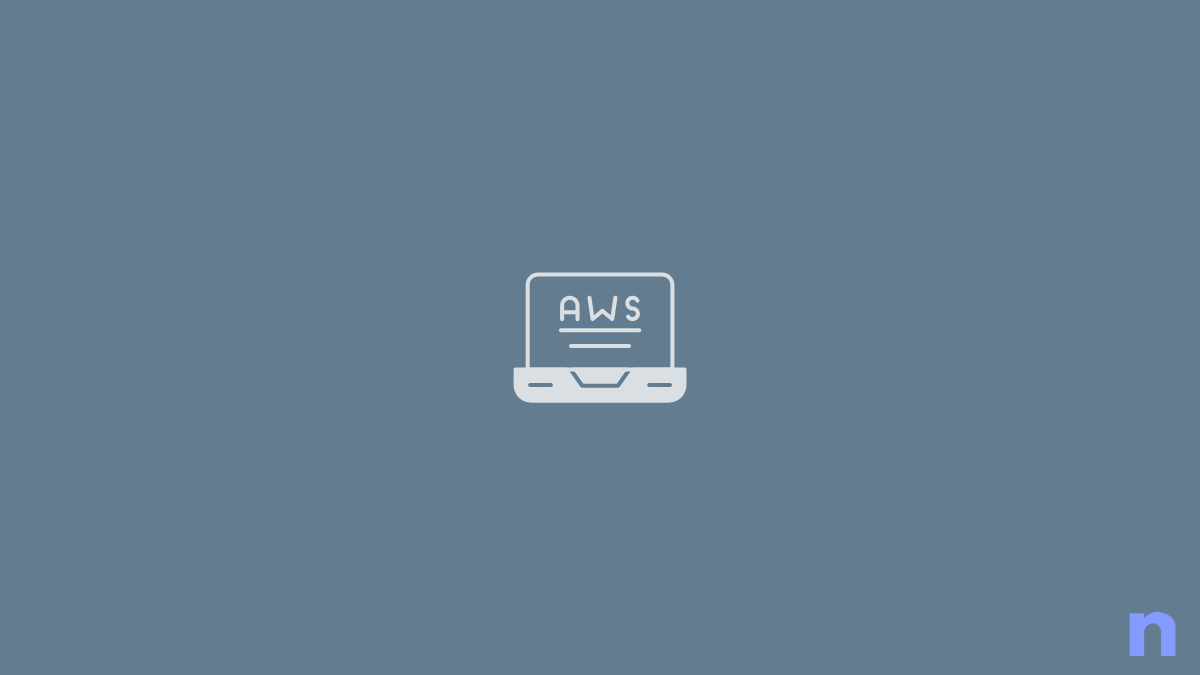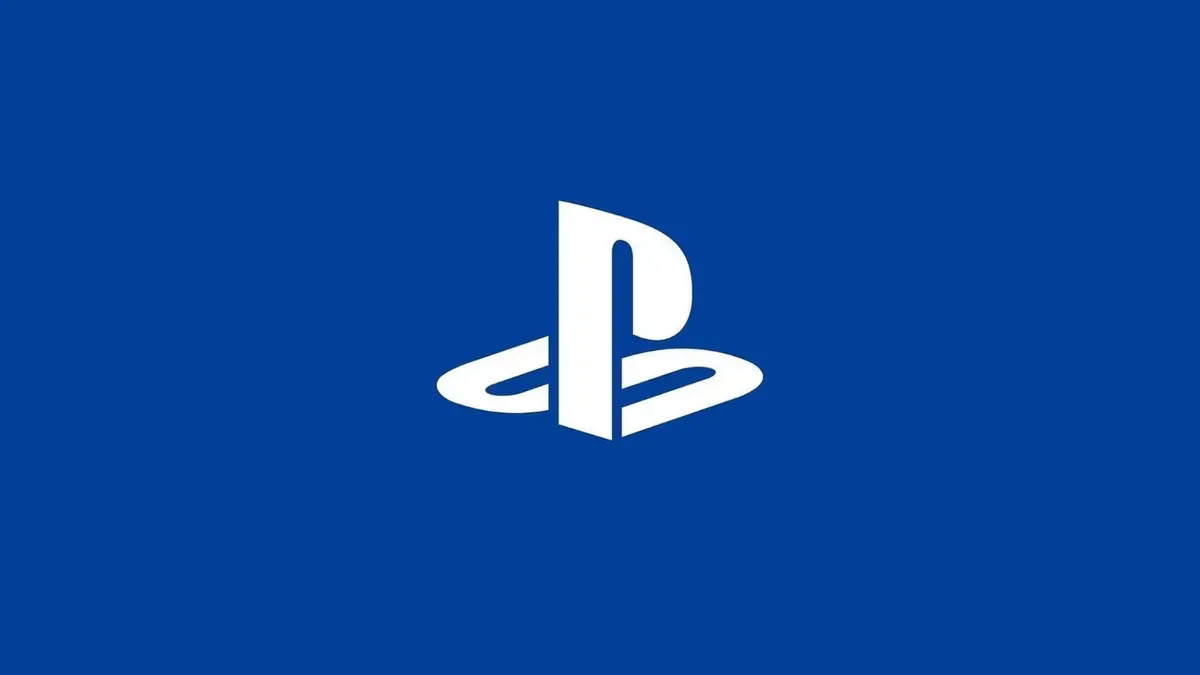Dario Amodei raises alarm over Chinese AI company’s model generating sensitive information
Anthropic CEO Dario Amodei has publicly criticized DeepSeek, a rising Chinese AI company, for what he describes as a concerning performance in bioweapons-related safety testing. In a recent interview, Amodei claimed that DeepSeek’s AI model showed no restrictions against generating sensitive information about bioweapons.
According to Amodei, Anthropic routinely evaluates various AI models to assess potential national security risks. These tests examine whether models can produce bioweapons-related information not easily found through Google searches or in textbooks.
“The DeepSeek model did the worst of basically any model we’d ever tested in that it had absolutely no blocks whatsoever against generating this information.”— Dario Amodei, Anthropic CEO
While Amodei acknowledged that current AI models, including DeepSeek’s, are not “literally dangerous” in providing rare and harmful information, he expressed concern about future iterations. The Anthropic CEO’s comments come as DeepSeek has gained attention for its R1 model, which has been integrated into cloud platforms by major tech companies like AWS and Microsoft.
This revelation adds to growing safety concerns surrounding DeepSeek. Recently, Cisco security researchers reported that DeepSeek R1 failed to block any harmful prompts in their safety tests, achieving a 100% jailbreak success rate. However, it’s worth noting that other prominent AI models, including Meta’s Llama-3.1-405B and OpenAI’s GPT-4o, also showed high failure rates in similar tests.
As the AI race intensifies globally, Amodei’s statements highlight the increasing importance of safety considerations and export controls in the development and deployment of advanced AI systems. The incident underscores the complex challenges facing the AI industry as it balances rapid innovation with potential security risks.






